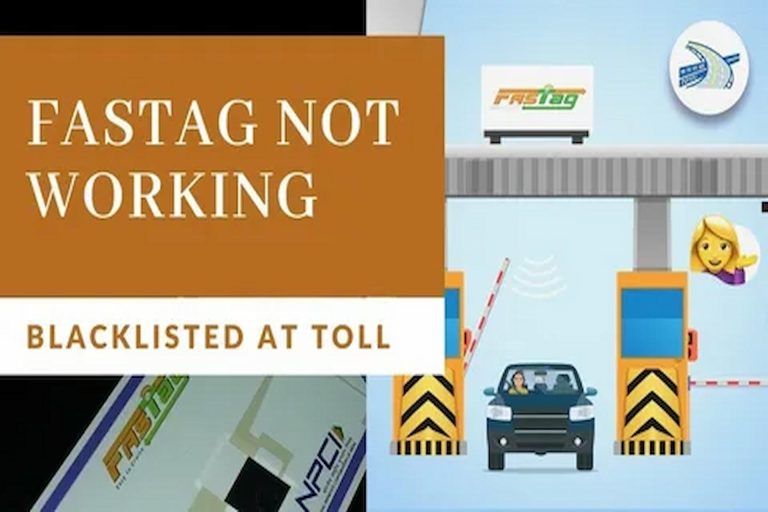The role of an asbestos analyst still remains an important one. Analysts are committed to keeping thousands of people safe and protected from the dangers of asbestos.
Most people know that the use of asbestos in buildings has been banned in the UK for several decades. However, they are usually not aware that there is still a lot of asbestos remaining in soil and buildings. It is this asbestos that needs identifying and managing following the correct procedures. If you are carrying out work on an old building, it should be checked for the presence of asbestos. Failure to do so could lead to prosecution either by builders working on the building, tenants or people who work in the building. The owner of a building is legally obliged to keep everyone who uses or works in that building safe from the dangers of asbestos.
What an Asbestos Analyst Actually Does
An asbestos analyst will visit your premises and examine the areas affected by the modifications you are planning. They will inspect the area and determine if asbestos is present. They will provide a basic analysis of the kind of asbestos present and how to safely remove it. This allows you to begin getting estimates for the cost of removal and approximate timescales.
In addition, the analyst will collect asbestos samples and send them away for laboratory analysis. Once the full results are received, they will be reviewed and a recommended action plan will be provided. At this point, they will be able to confirm if their original assessment was correct and advise you further about your options for removal.
Finding an Asbestos Analyst
The work an asbestos analyst carries out is highly specialised. Asbestos analysts that operate in the UK usually have their own websites, so the internet is a good place to find a suitable analyst. It is important to check their accreditation status and credentials.
If you requirean asbestos analyst contact REC Asbestos Ltd. They own and operate their own UKAS accredited testing laboratories.



